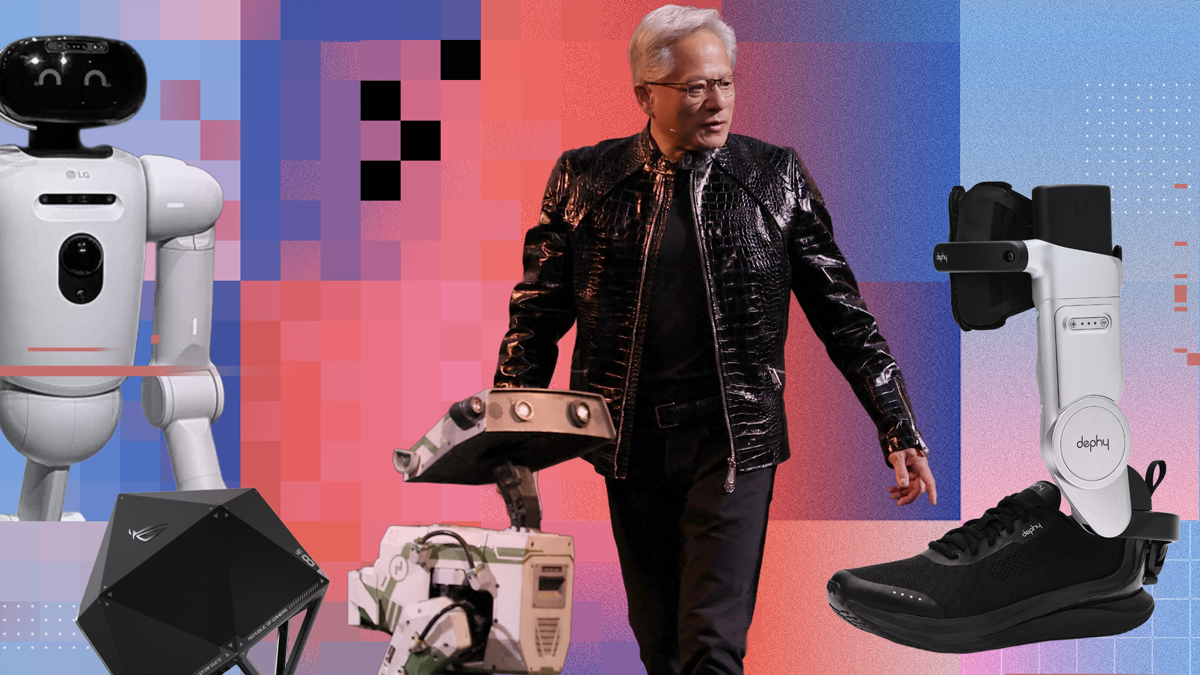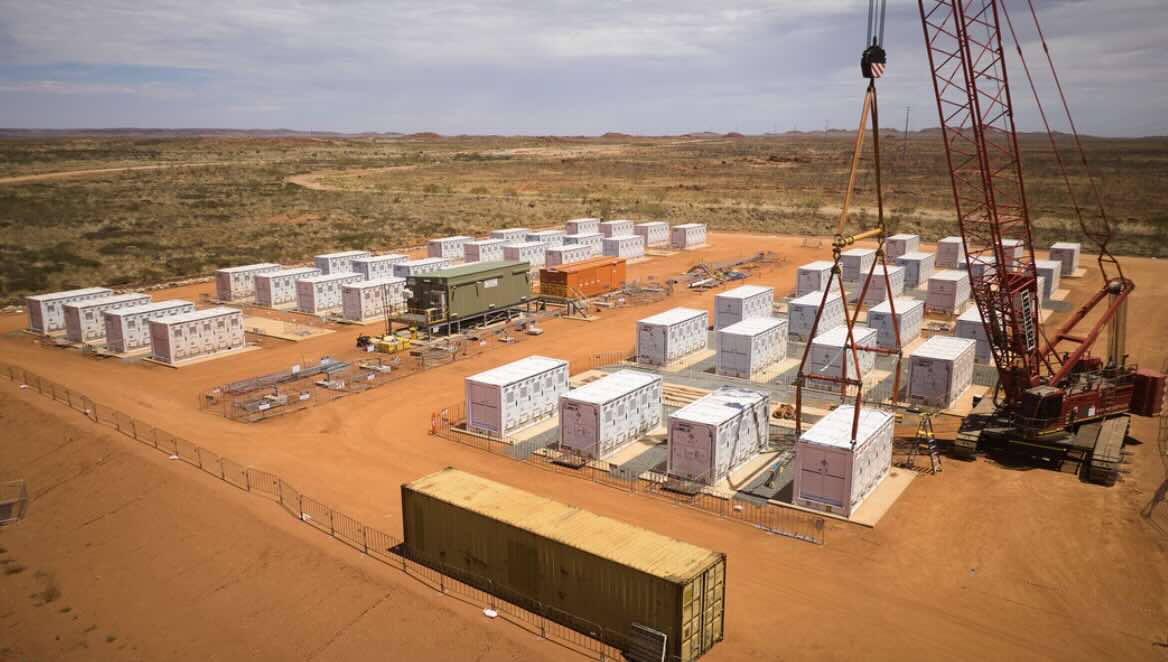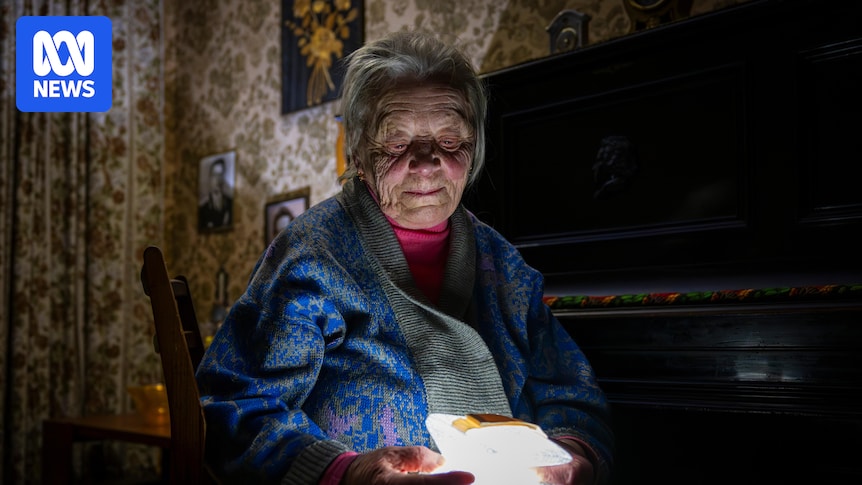
During his Class Day remarks earlier this year, Harvard Medical School (HMS) Dean George Q. Daley promised the newly minted MDs and DMDs gathered on the HMS Quad that “Harvard Medical School will always seek the truth, veritas – it is our motto.” Now, the School is underscoring that commitment with the renaming of the New Research Building (NRB) to the Veritas Science Center (VSC), thanks to new philanthropic support.
“I’m enormously grateful for the opportunity to infuse our scientific community with essential support,” said Daley. This development comes as HMS seeks to bolster its research capabilities and infrastructure, ensuring that it remains at the forefront of medical innovation.
Veritas Science Center: A Hub of Innovation
Since its opening in 2003, the newly christened VSC has been a cornerstone of innovative biomedical research. Clad in glass and spanning 525,000 square feet, it is among the largest buildings at Harvard University. The VSC serves as a vibrant hub and the heart of the HMS campus in Boston’s Longwood Medical Area, featuring spaces for collaboration, socializing, and special events, including an amphitheater that seats nearly 500.
Of the 11 basic and social science departments in the Blavatnik Institute at HMS, three—genetics, immunology, and microbiology—are housed within the VSC. “Philanthropy propels our basic science research—the kind that has historically led to transformative medical advances,” Daley emphasized, highlighting past achievements such as cancer immunotherapies and curative gene therapies.
Breakthroughs and Discoveries
Among the nearly 1,000 researchers at the VSC is Arlene Sharpe, the Kolokotrones University Professor at HMS and chair of the Department of Immunology. She described the VSC’s vibrant, collaborative environment: “Every day you can feel the energy that comes from scientists across disciplines working together and sharing ideas. The proximity of so many talented colleagues sparks creative collaborations and accelerates the pace of discovery.”
Remarkable advances like this are a hallmark of research taking place across the VSC. In 2025 alone, notable discoveries have included:
- Genetics: Bruce Yankner, professor of genetics and neurology, was senior author of a study published in Nature that brings new hope for Alzheimer’s disease. The study shows that lithium is essential for healthy brain function and helps protect against aging and Alzheimer’s, but it gets depleted when it binds to toxic amyloid plaques in the brain. The research further showed that a lithium-based compound safely reversed both brain aging and Alzheimer’s symptoms in mice.
- Immunology: Jun Huh, associate professor of immunology, co-authored two studies in Cell detailing the crosstalk between inflammatory molecules called cytokines and specific brain cells—an interplay that influences mood, anxiety, and some social behaviors. The findings suggest treatments for anxiety and autism-related disorders that target the immune system rather than the brain directly.
- Microbiology: Jonathan Abraham, associate professor of microbiology, and his team published research in Cell showing that single mutations in the spike protein of the western equine encephalitis virus can make it harmless or enable it to infect humans and trigger outbreaks. This work could help researchers and public health experts better anticipate the likelihood of future outbreaks.
Philanthropy and Future Prospects
This philanthropic support is crucial not only for sustaining researchers, including junior faculty, postdoctoral fellows, and graduate students, but also for maintaining the world-class facilities these researchers inhabit. The flexible nature of the support allows HMS leadership to address unanticipated challenges or fund novel, unexpected discoveries, propelling research forward with the mission of improving health and well-being for all.
The Veritas Science Center stands as a testament to Harvard Medical School’s enduring commitment to truth and innovation. As the institution continues to navigate the challenges of modern medical research, the VSC will undoubtedly play a pivotal role in shaping the future of healthcare.
Veritas Science Center at a glance:
- Opened: 2003
- Size: 525,000 square feet (plus a 200,000-square-foot parking garage with more than 500 spaces)
- HMS departments: Genetics, Immunology, Microbiology
- Labs and researchers: About 90 labs and 1,000 researchers (including researchers from HMS affiliate Brigham and Women’s Hospital)







